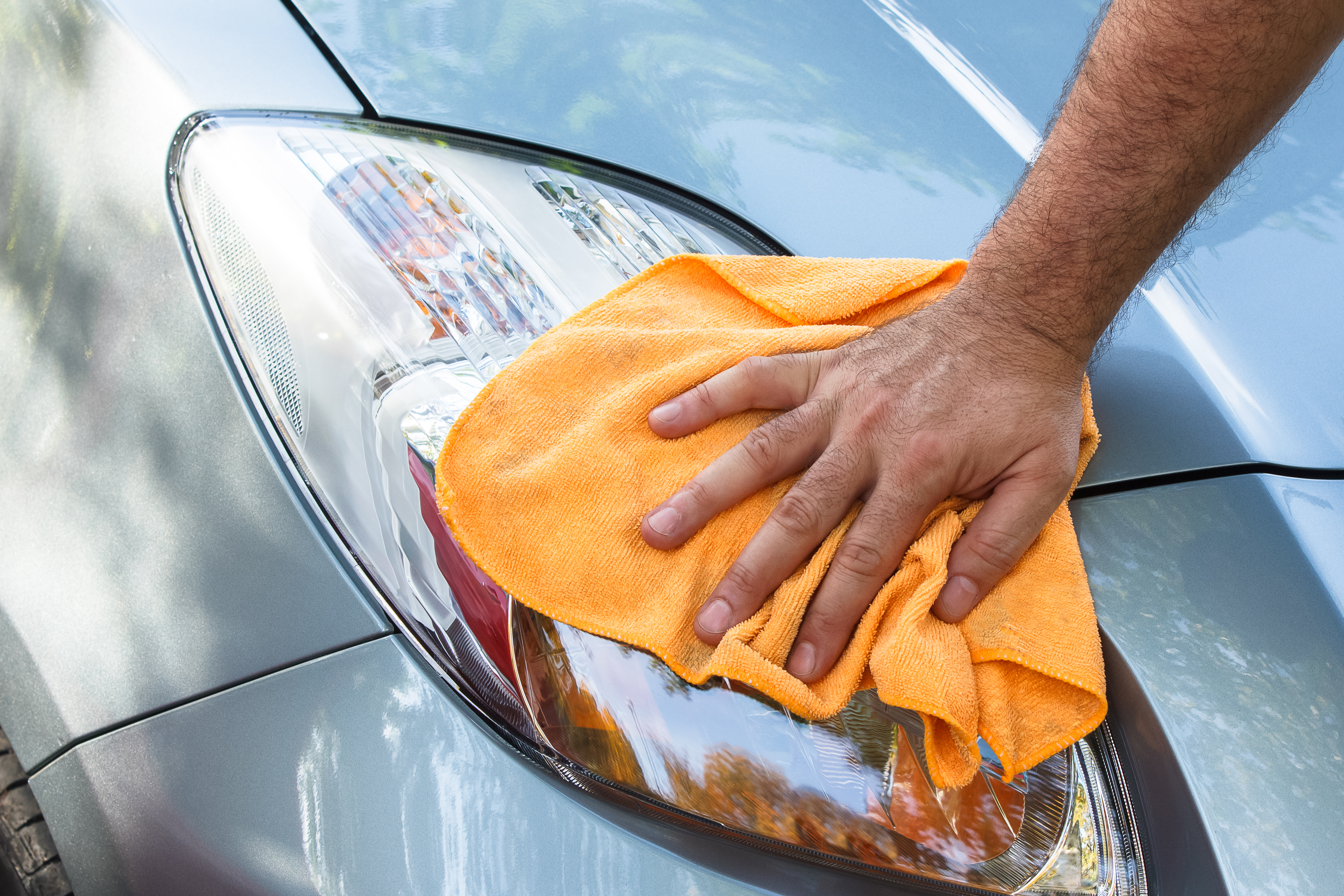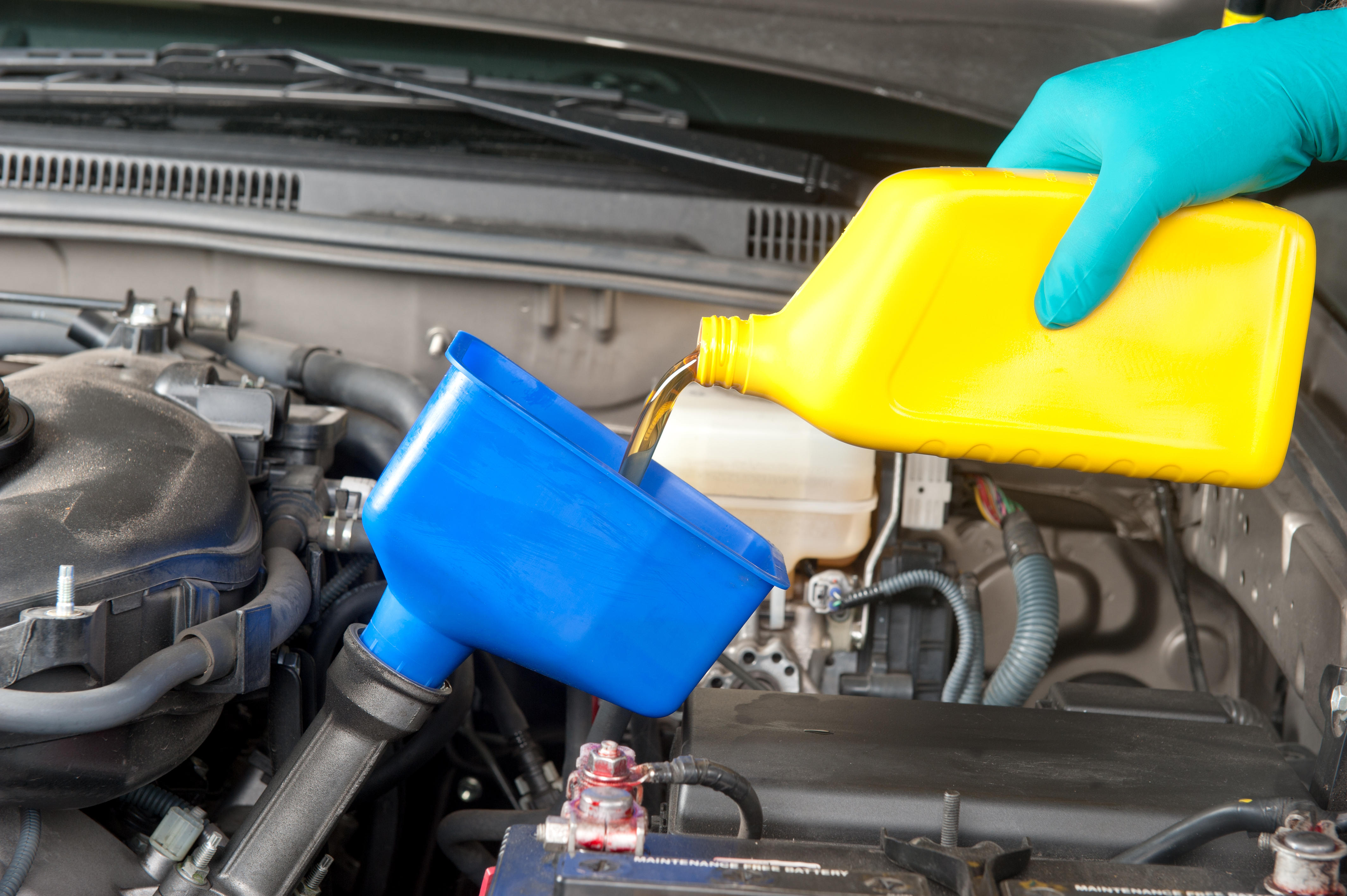Step By Step Guide On How To Change A Tire

Knowing how to change a tire is a skill that will probably come in handy at some point in your life. Plus, it can save you a bunch of time instead of waiting for roadside assistance. It’s good to be prepared for a tire to blow because it can happen any time, anywhere.
If you want to be prepared for a quick roadside tire change, yet don’t know how to quite go about it – check out this step by step guide that will get you back on the road in no time.
Be prepared
You need to know if your car has a spare tire or a “fix-a-flat” kit. Newer cars don’t usually comes with a spare tire, so check to make sure you have one. If you don’t? Get one and put it in the back. Most cars have hidden lift space on the floor bed of the trunk.
When you have a spare, it’s wise to check it every so often. Tires can slowly let out air and what a spare tire good for if it’s flat? So, check the air pressure and condition of it before road trips or longer drives. If you find yourself blowing out a tire at the most convenient time (isn’t that how life works?) at night, then you’ll also want to have a flashlight/headlamp, tire gauge and some paper towels (you’ll get dirty). Don’t expect to come out looking brand-spanking-clean… you might have a little dirt to show for your recent roadside adventure.
Pick your spot
It may not be easy to get to an ideal spot for changing a tire safely. However, what you’re looking for is a level, hard surface (gravel would hurt), with ample room between the road and the car. If you can’t find that, don’t drive a mile on your rim, or you can expect to pay for a new wheel, too. It’s very important to put on your hazard lights while finding your spot to stop. This lets other drivers know that you’re in some trouble and to go around you. Once you find your spot, put on your parking brake.
Get your tools ready
If you’re checking your tire and tools before long road trips, this won’t be as big of a deal, because you’ll know that you have everything you need. However, once you know all the tools are there, and the tire is filled properly – you can begin. Wondering what tools you may need?
- Floor Jack (this raises your car so you can get underneath it to change your tire, you have to have this tool)
- Lug wrench (get one that has a good sized handle so you have plenty of leverage)
- Headlamp (you’ll have your hands full trying to get off a busted tire, so you’ll need a hand lamp)
- Tire pressure gauge (these aren’t very expensive and everyone needs one. Whether checking your tires throughout the week or for emergencies like this)
Get lugs loose
You’ll want to start by chocking the wheel opposite the side of the car you’re going to jack up. A piece of wood or rock on the side of the road would do if you don’t carry an actual wheel chock in your car. This makes sure the car doesn’t roll anywhere once you have it in the air. If there’s a second person with you, have them be the spotter at this point. Changing a tire on the highway isn’t the safest thing to do, and having someone looking out for you can help save you from a huge issue.
At this point, if you have a floor mat, put it down and grab your lug wrench. You may need to pry off a lug nut cover, but most of the time you can just get started. Loosen, but don’t remove all the lug nuts. You may need a lug key adapter for one or all of the lugs depending on your vehicle.
Jack your car up
Next, you will want to find the jack point under the car by the wheel you’re taking off. Position the jack to where the jack handle points out then crank it up clockwise with the jack handle.
Once you see the light between the ground and the tire, you’ll know the tire is high enough off of the ground to take the tire off.
Remove the tire
The lug nuts will by loosened at this point, and you’ll want to take them off the rest of the way and put them somewhere safe where they won’t roll away. Next, remove the wheel from the car – it should come right off. But a few well-placed kicks to the sidewall from the right angle can break it free if it’s being stubborn. Bring the wheel back behind your car out of the way after taking it off.
Get your spare
Grab your spare from wherever it might be. For most cars and SUVs, it will be under the loading door. Trucks might have it suspended under the bed, but wherever it is, there is most likely a center nut holding it in place you’ll have to screw off to get it out.
Line up the studs and holes then shove the wheel on. Put all of the lugs back on. You want these finger tight, but don’t take a wrench to it yet. Once the wheel is on properly, it’s time to get the car on the ground.
Get the car on the ground
Turn the jack handle the opposite direction to slowly lower the car back to the ground. Once it’s settled, you can get the jack out from under the car and grab your lug wrench again.
Tighten the lugs
This is one of the most important parts of the entire process. You want to tighten all of the lugs down nice and tight. Tighten them in a crisscross pattern, going across not in a circle when you change the lug you’re wrenching on. Repeat to make sure you have them on as tight as possible.
Clean up and get a new tire
Nice job! Gather up your tools and put them in the trunk. Keep in mind, these spare tires are only rated for a max speed of 50-55 mph. You don’t want to cause another blow out, so drive carefully. Your next step is to get a new tire ASAP.
Quick Money Savings Tip For Safe Drivers
There are dozens of auto insurers – Which one will give you the best rate?
Step 1) Choose your vehicle make below.
Step 2) On the next page, complete the 4 minute questionnaire, and you'll have the opportunity compare the best rates in your area.
Step 3) Keep more money and possibly save hundreds!










